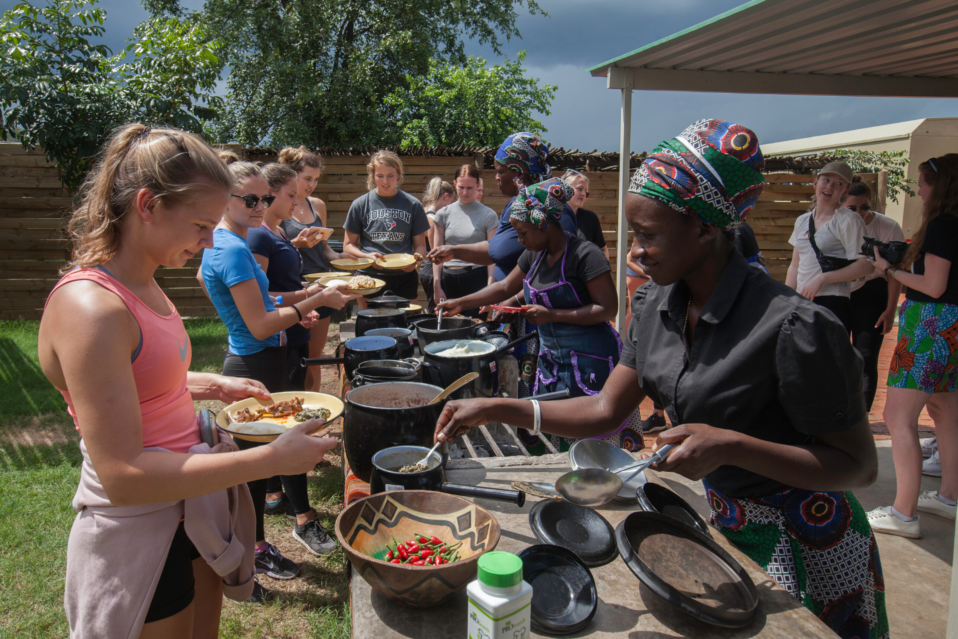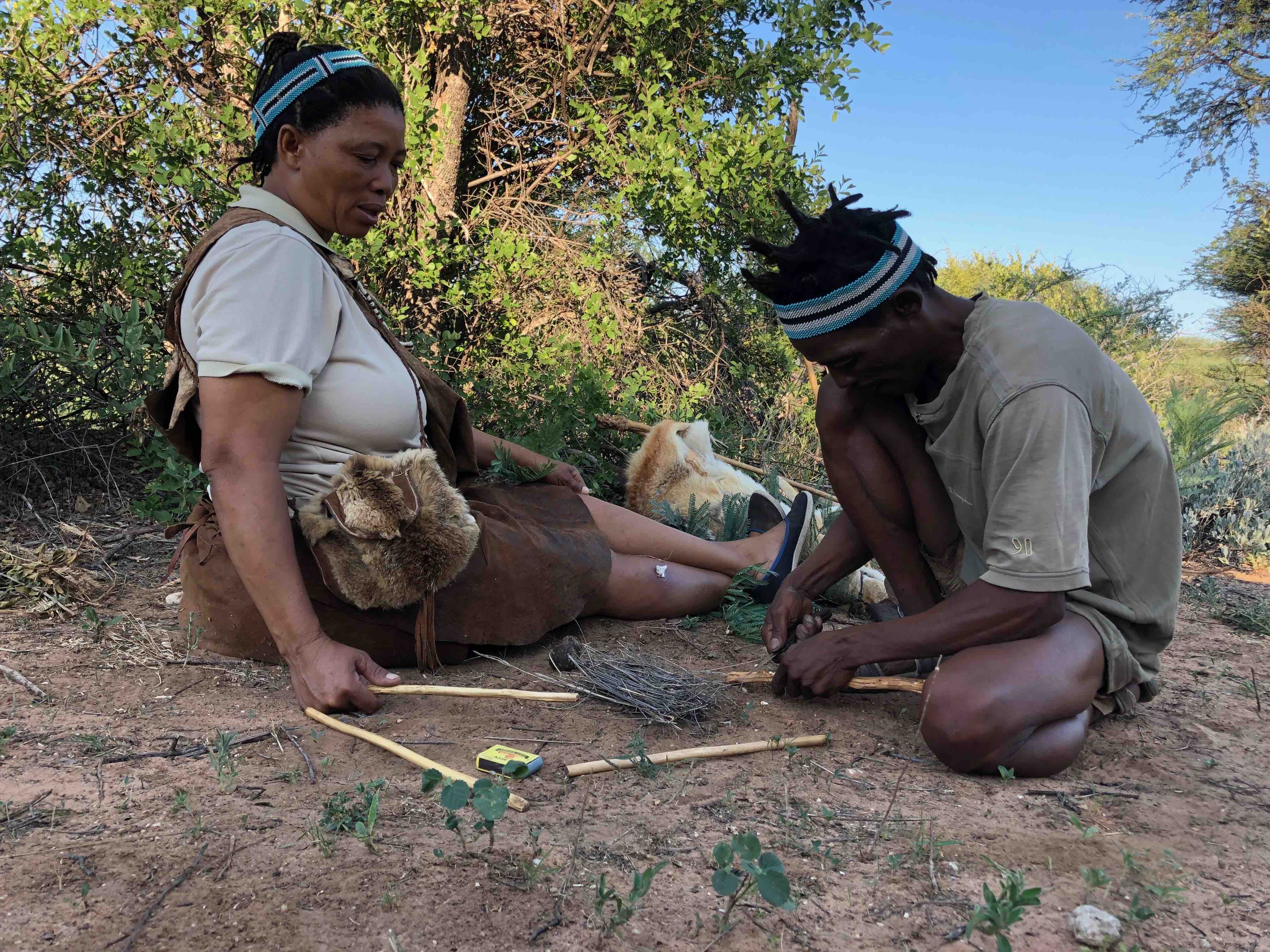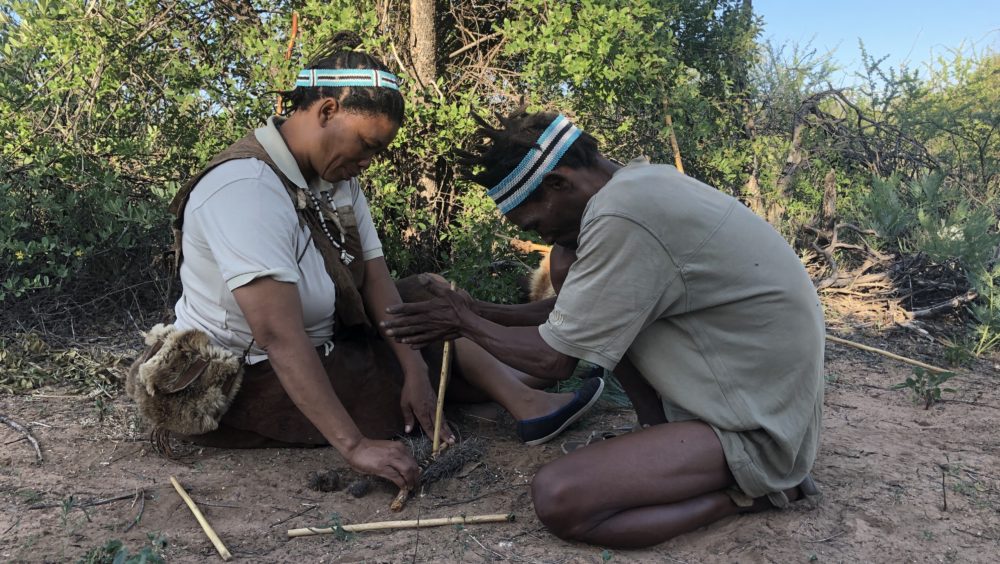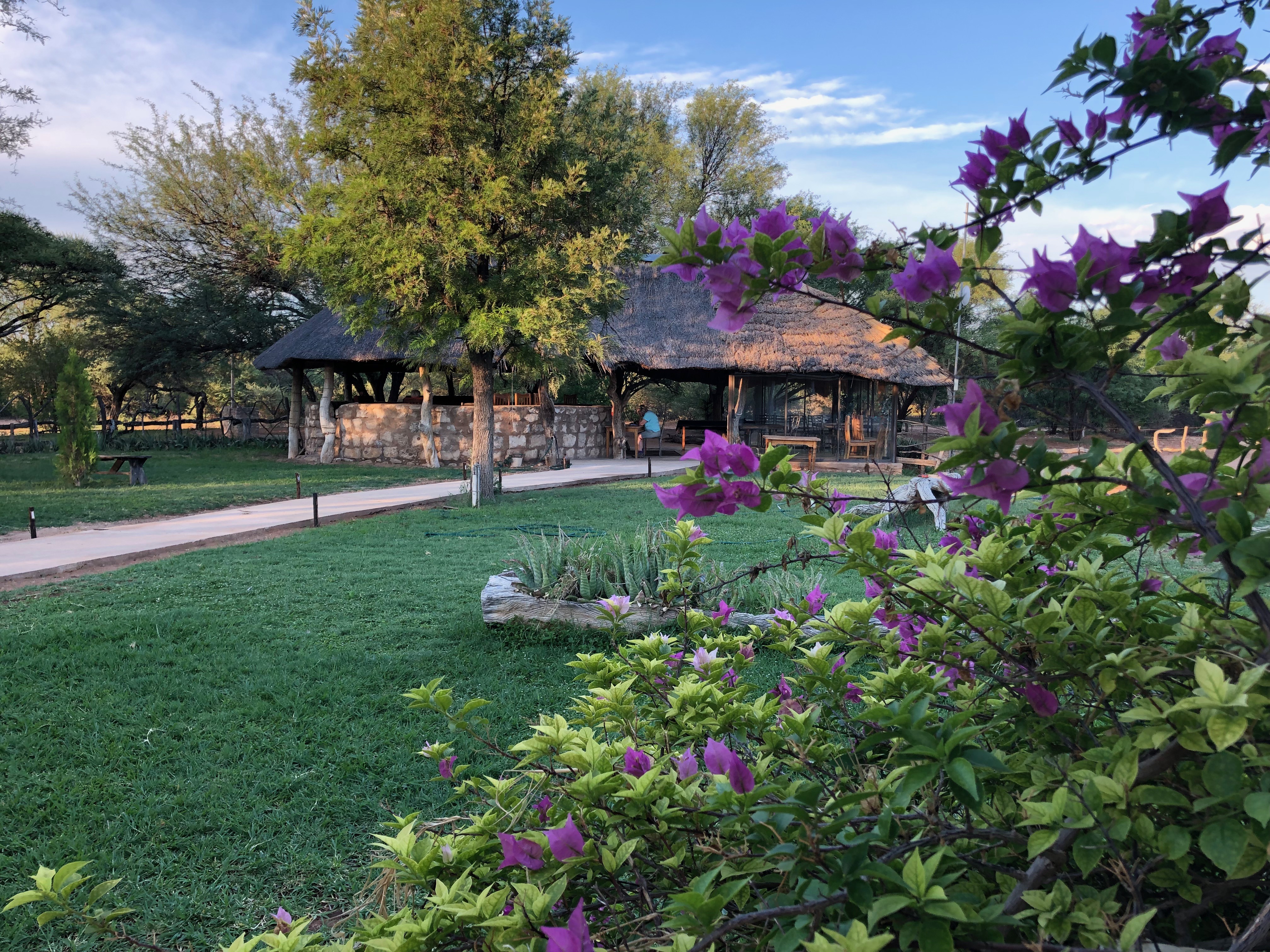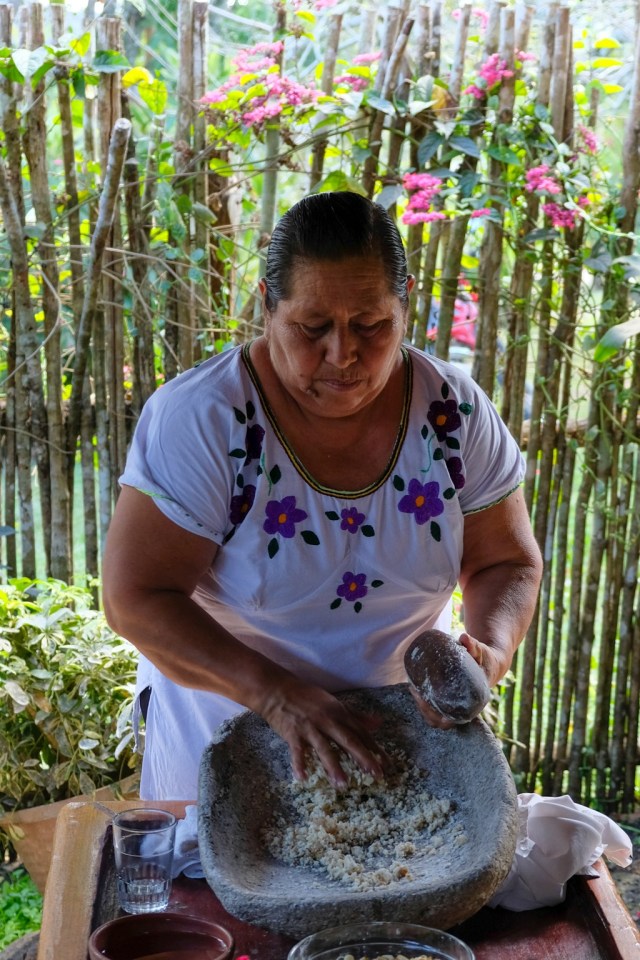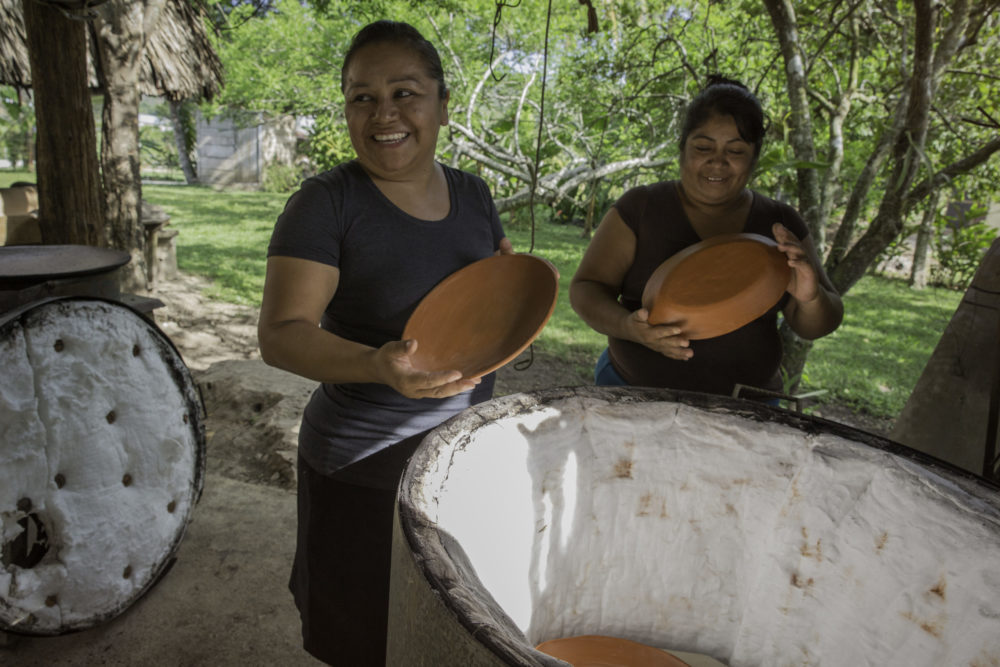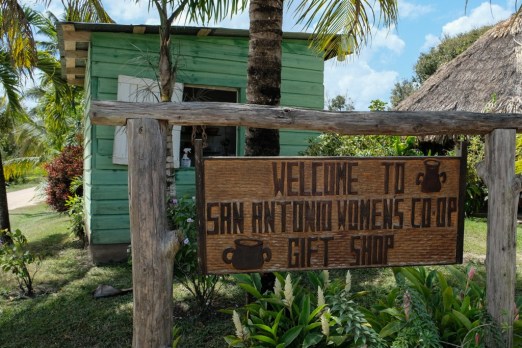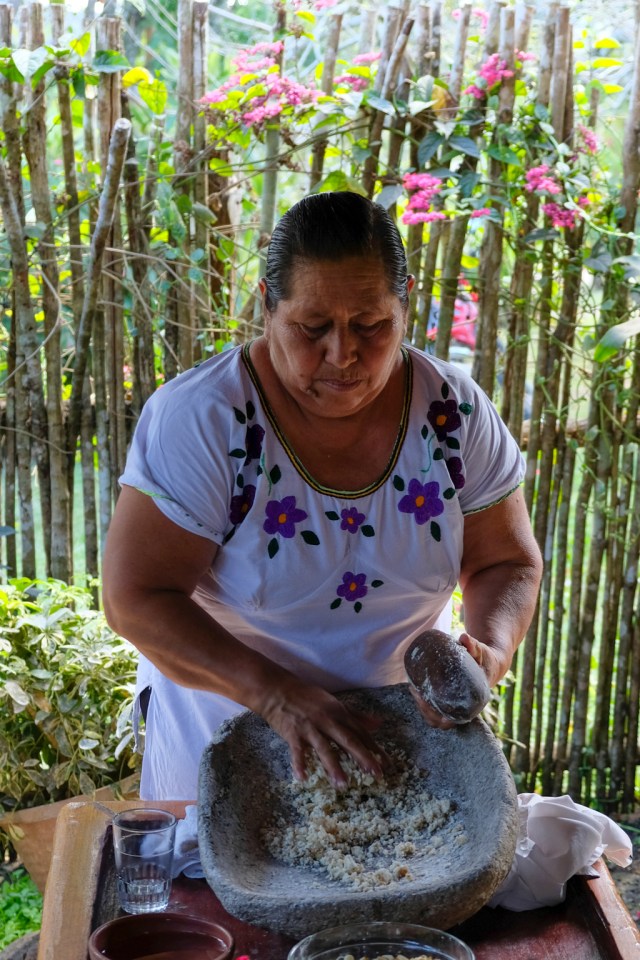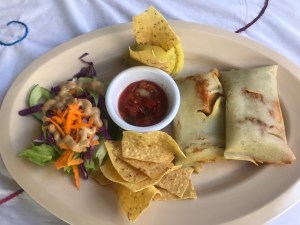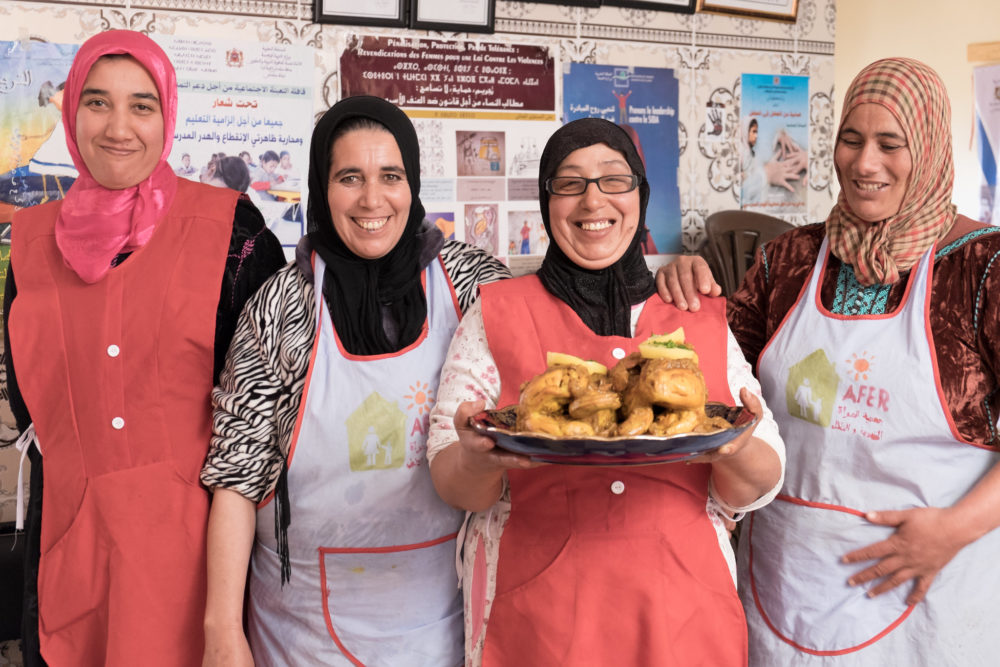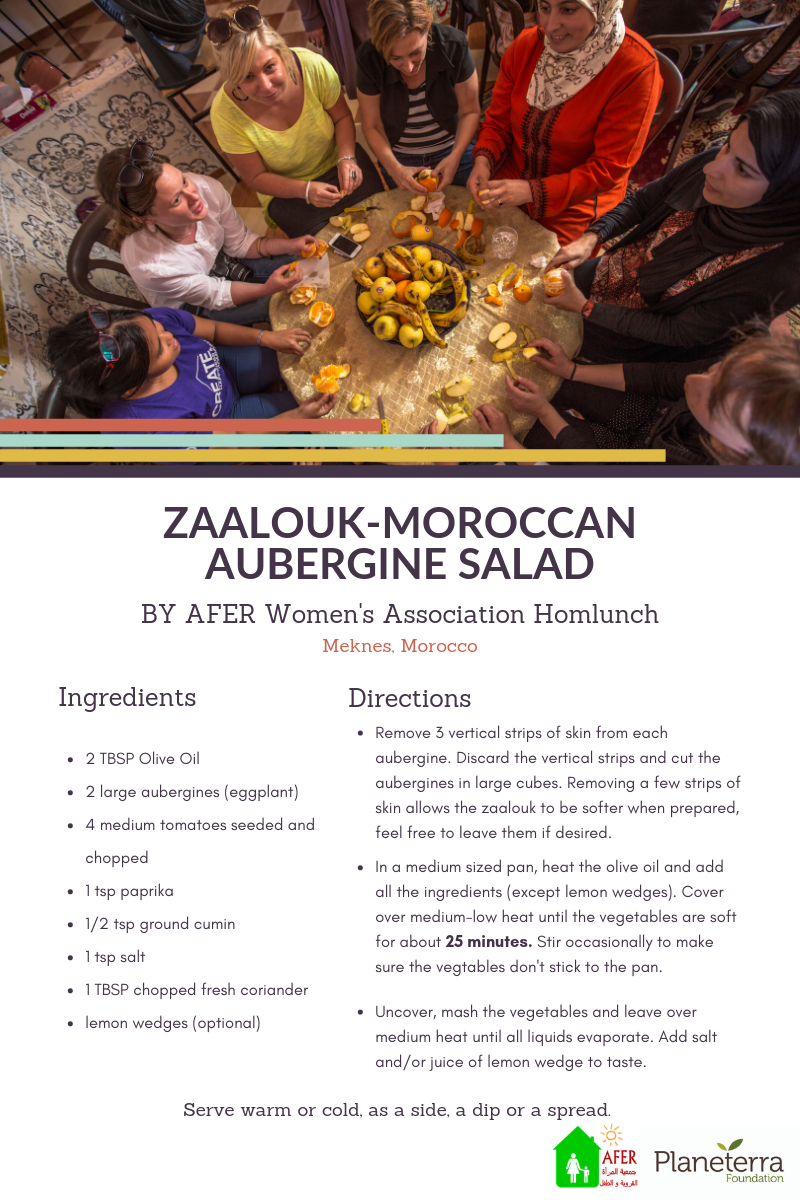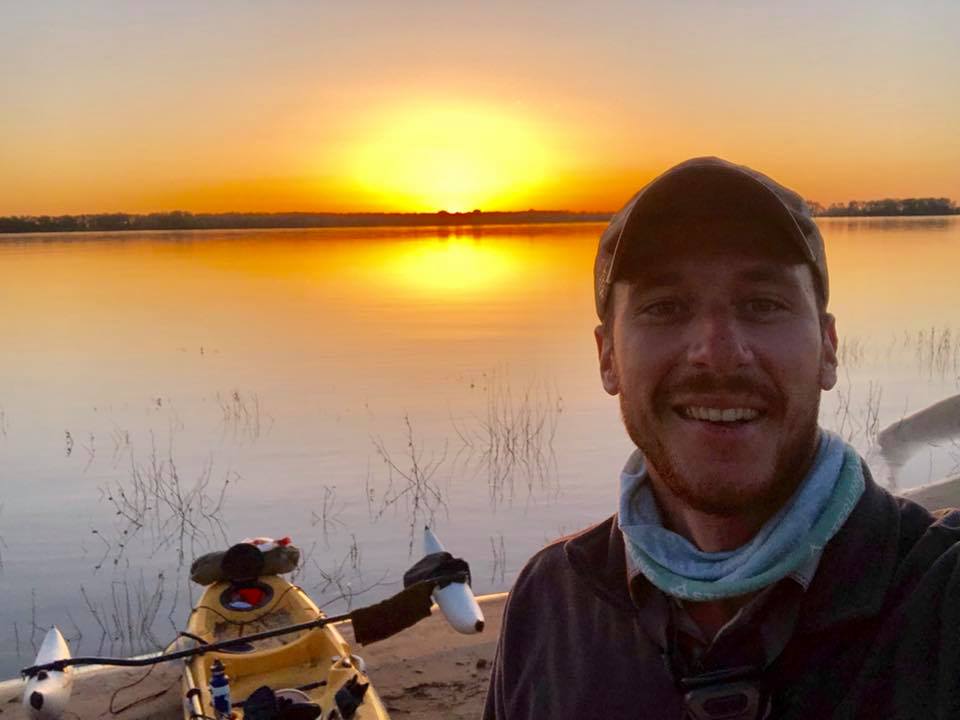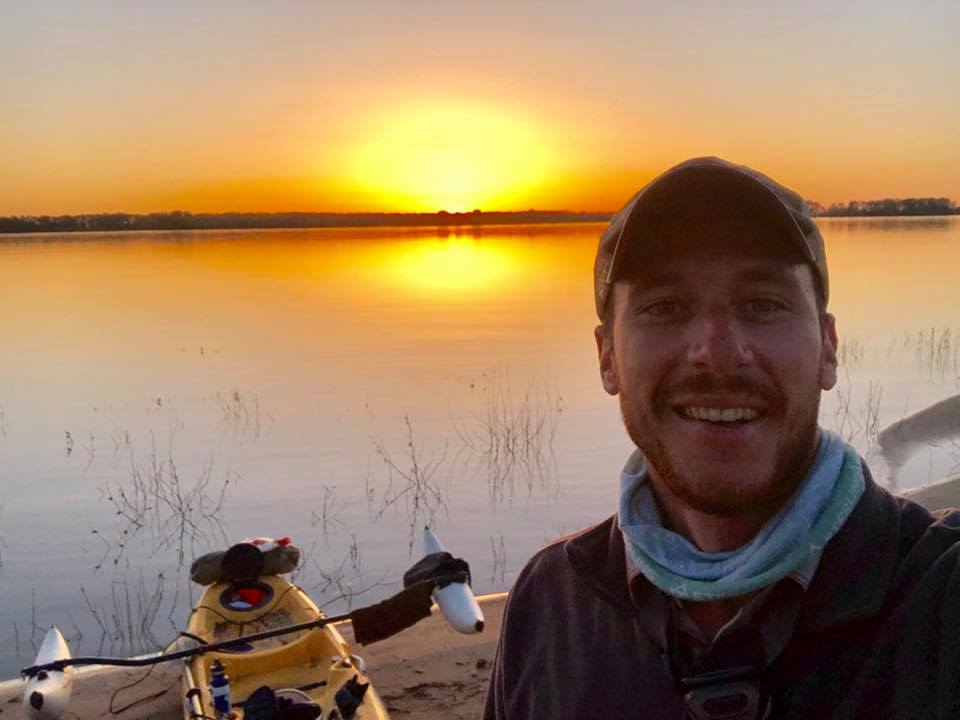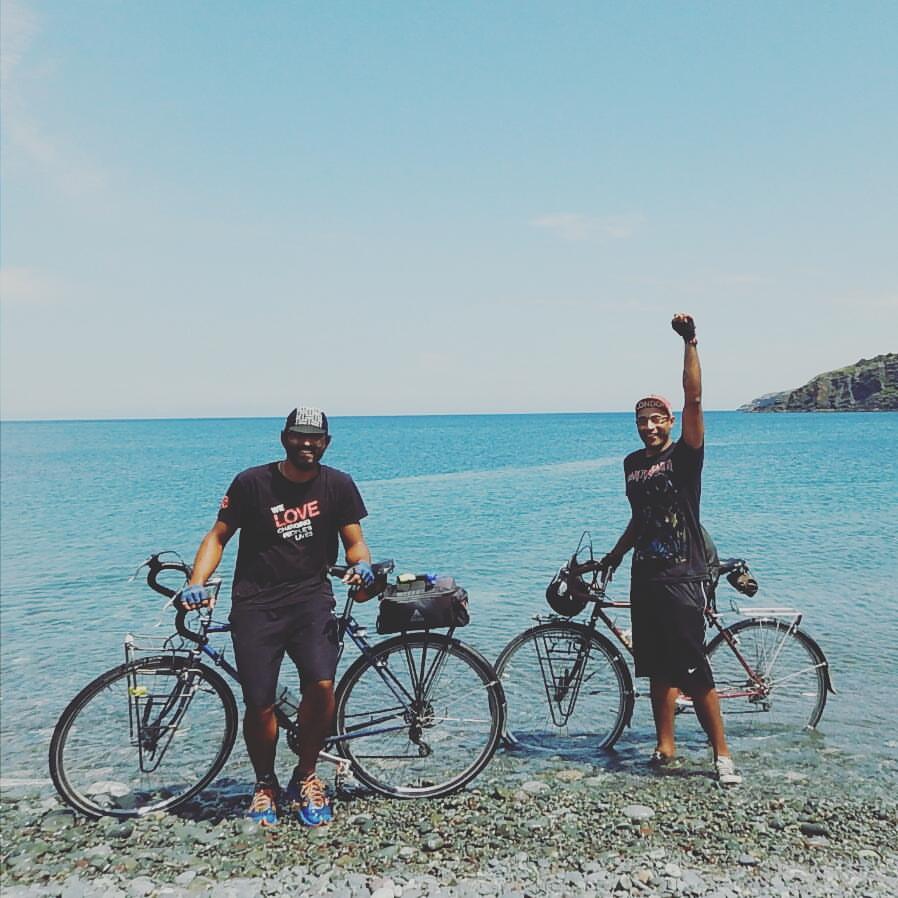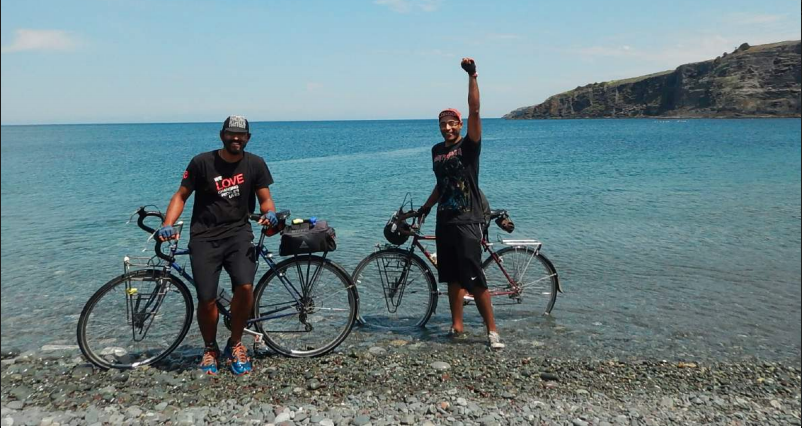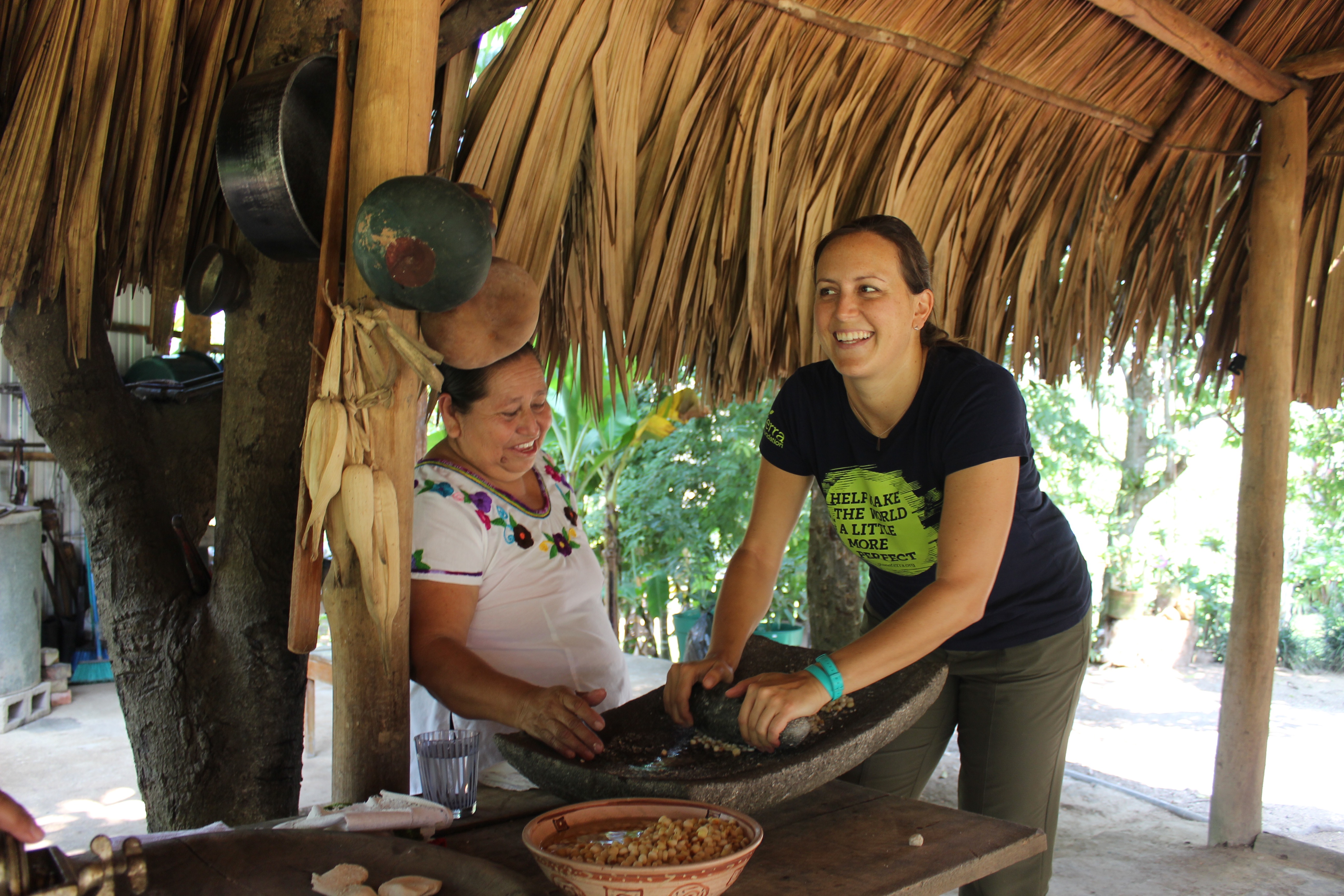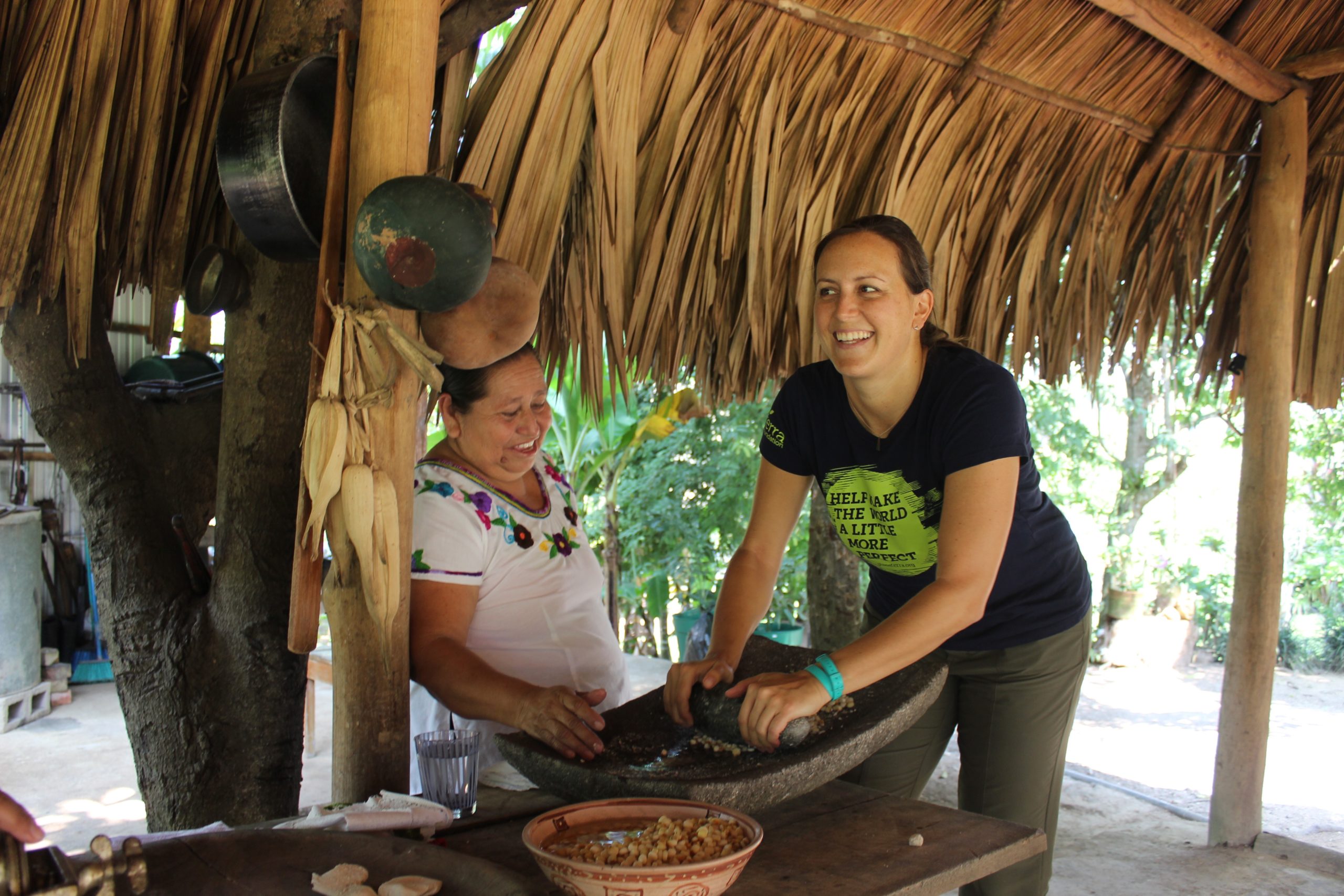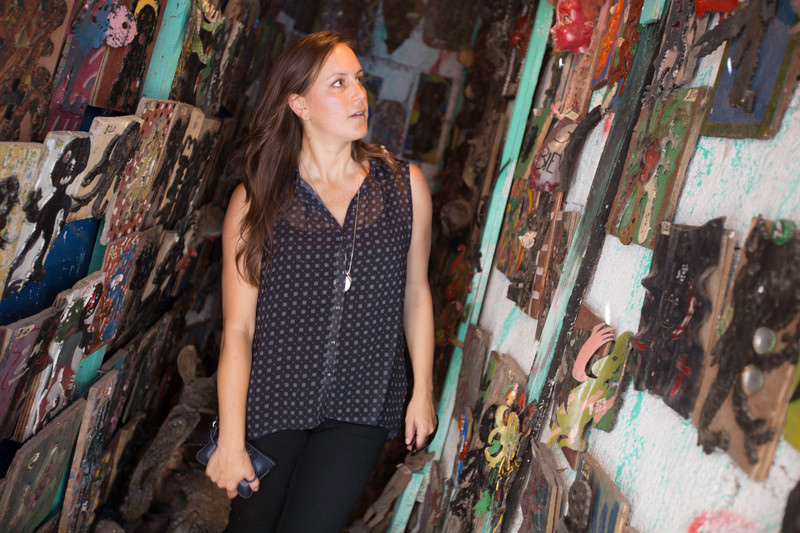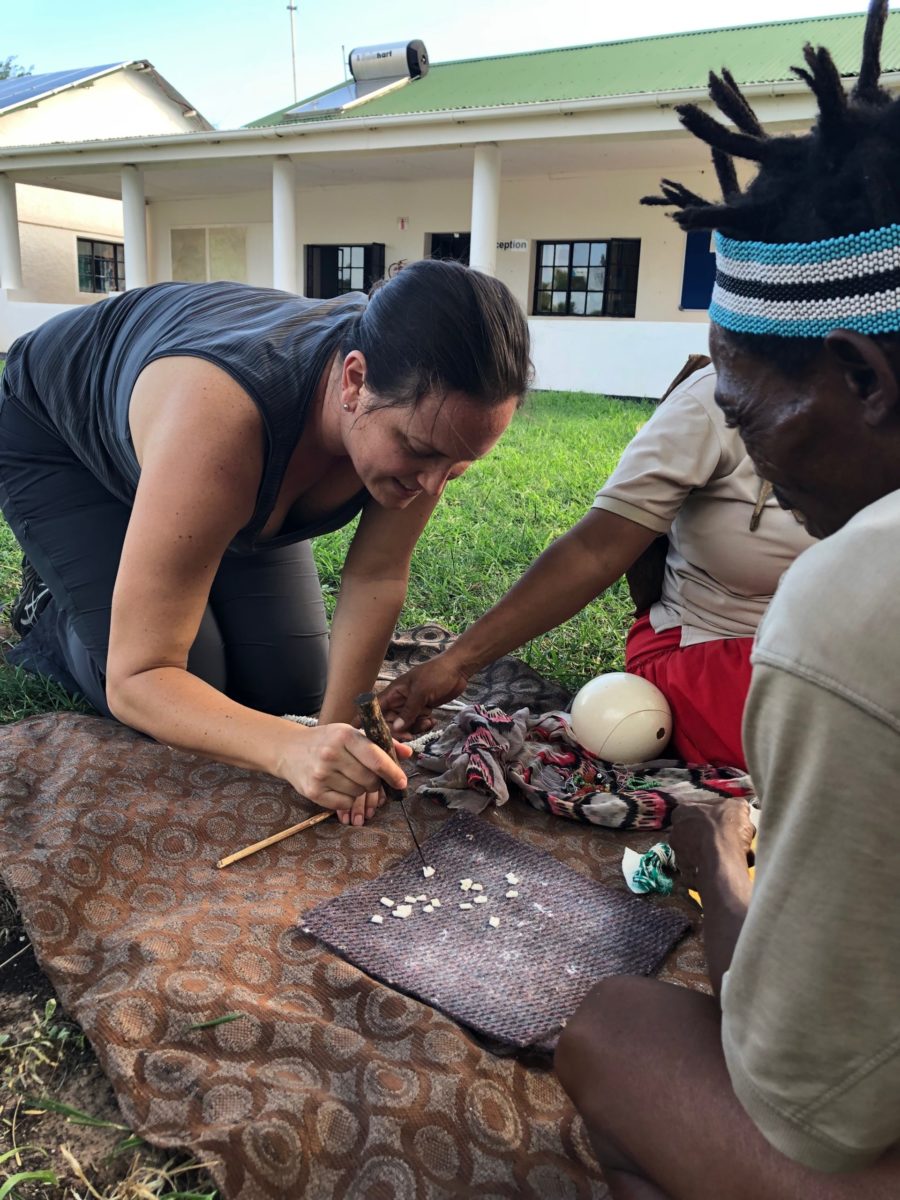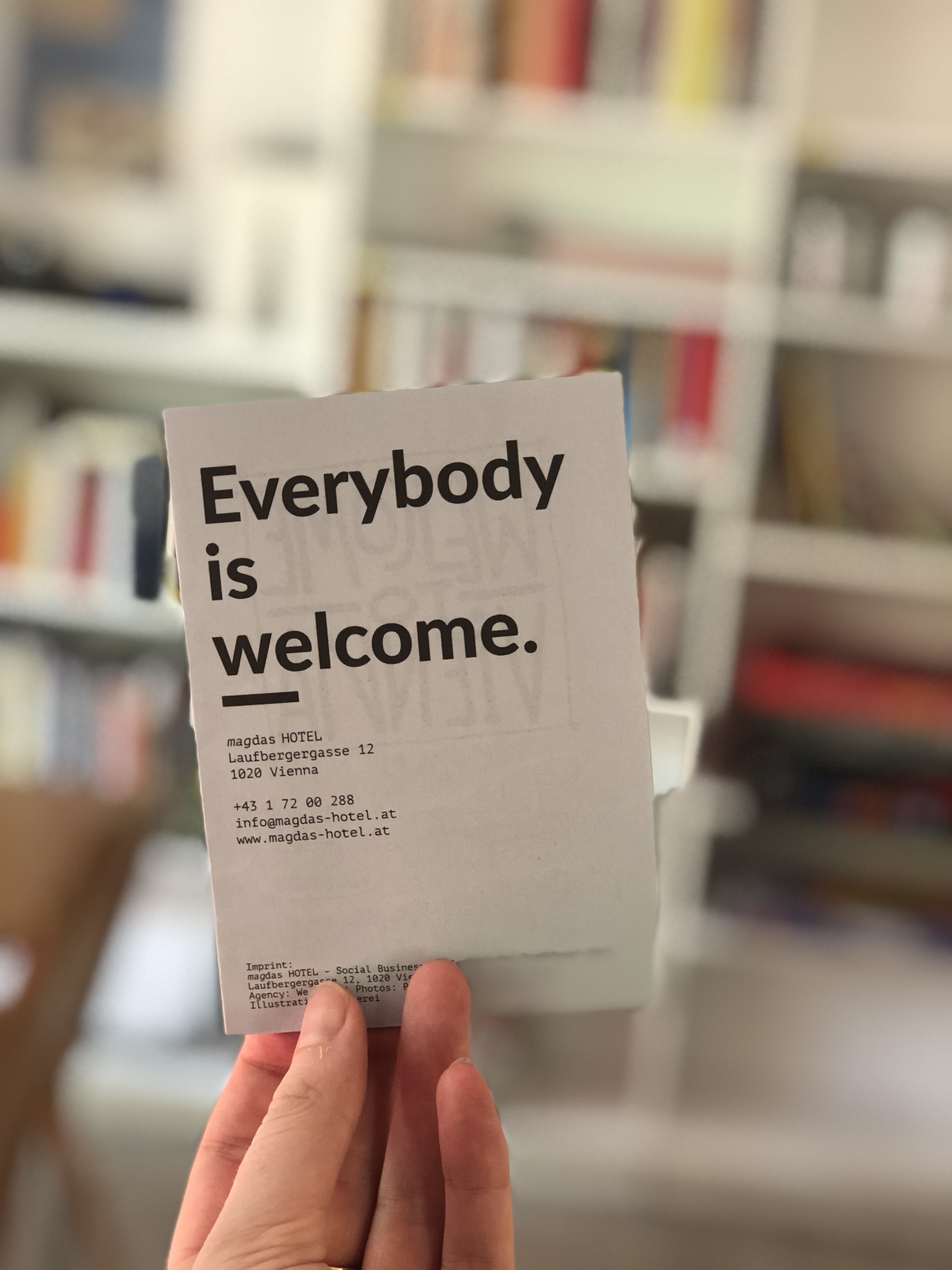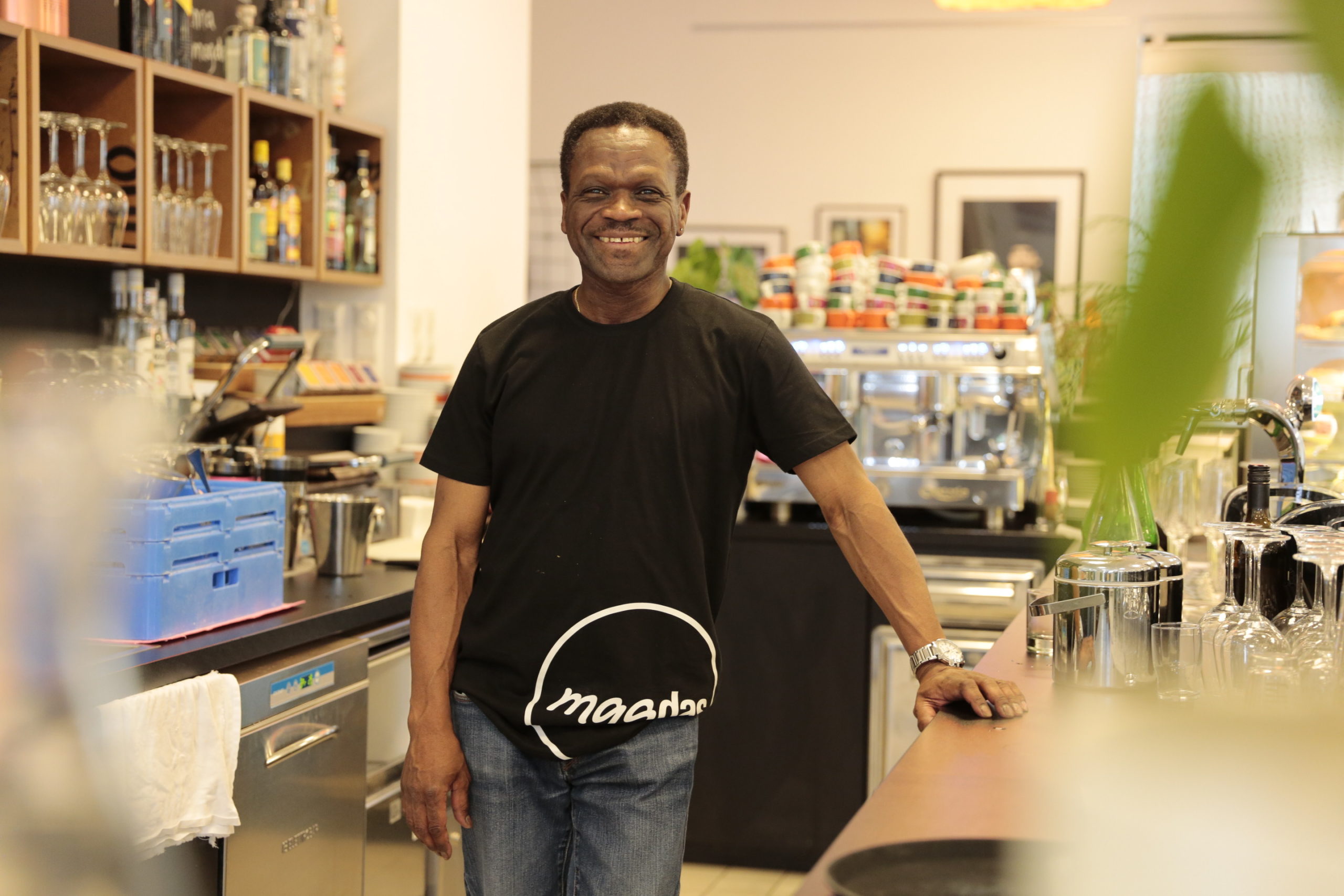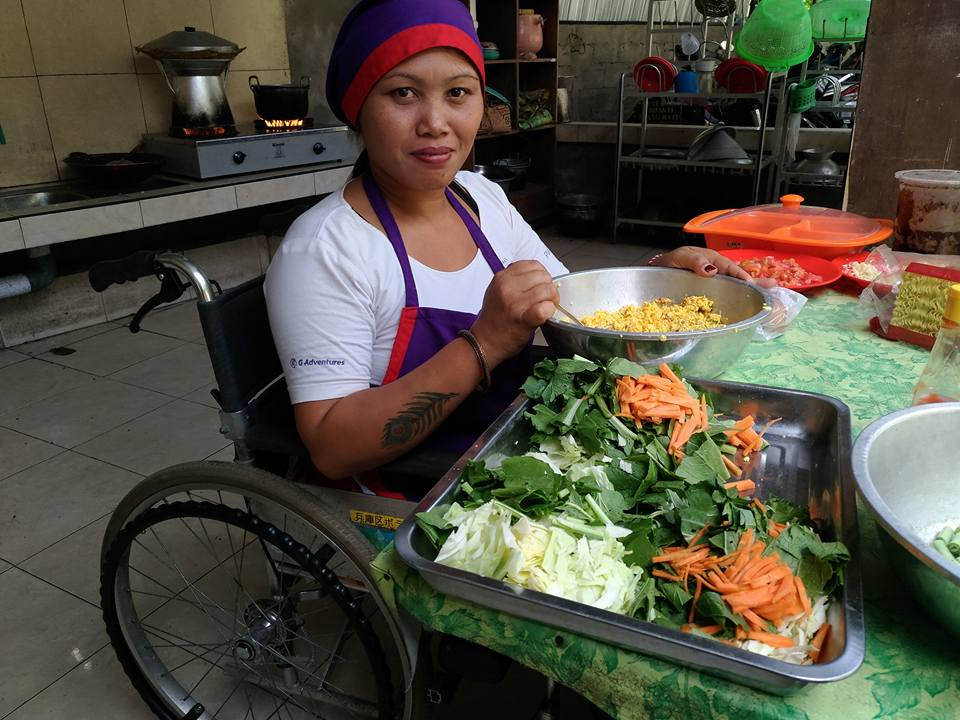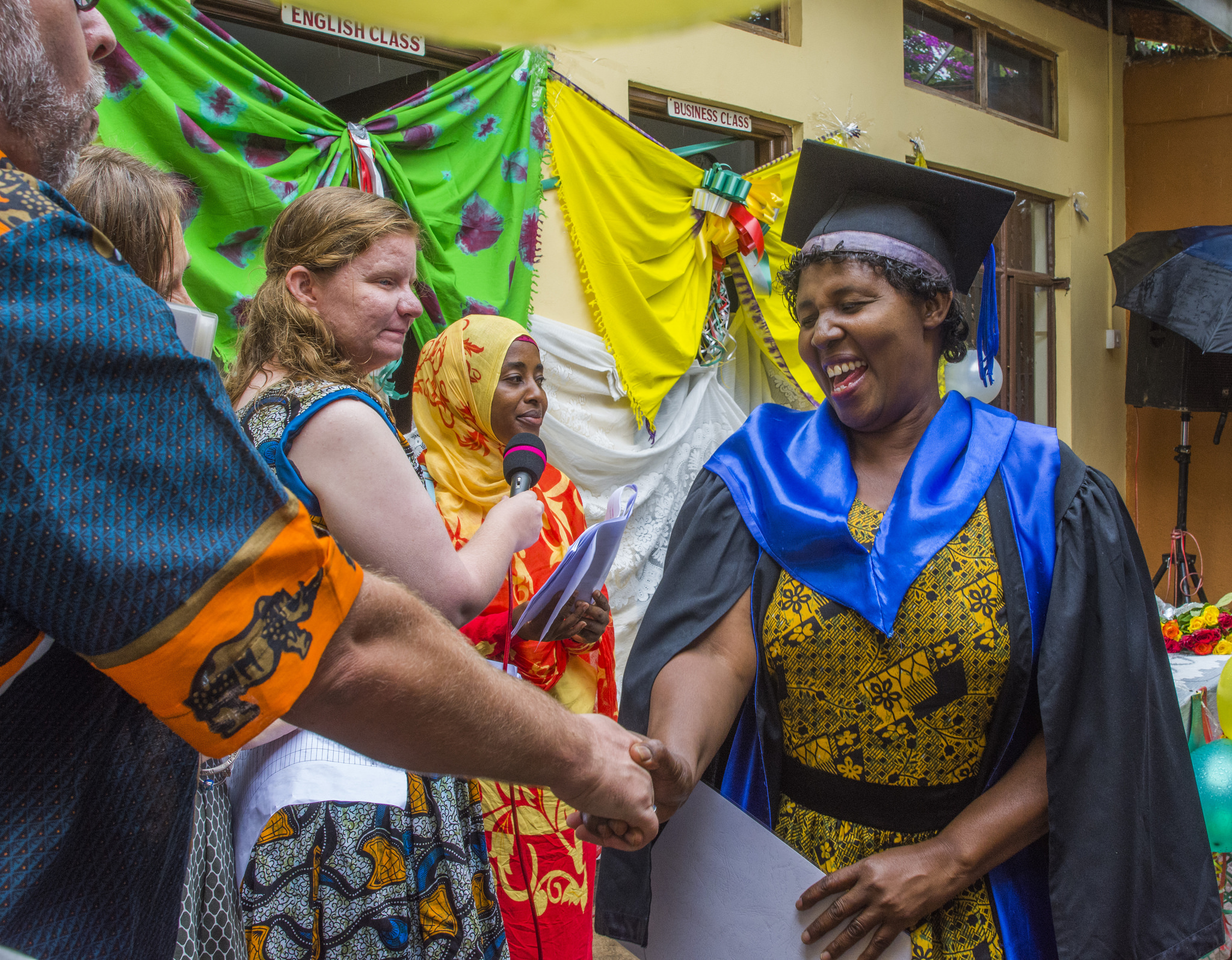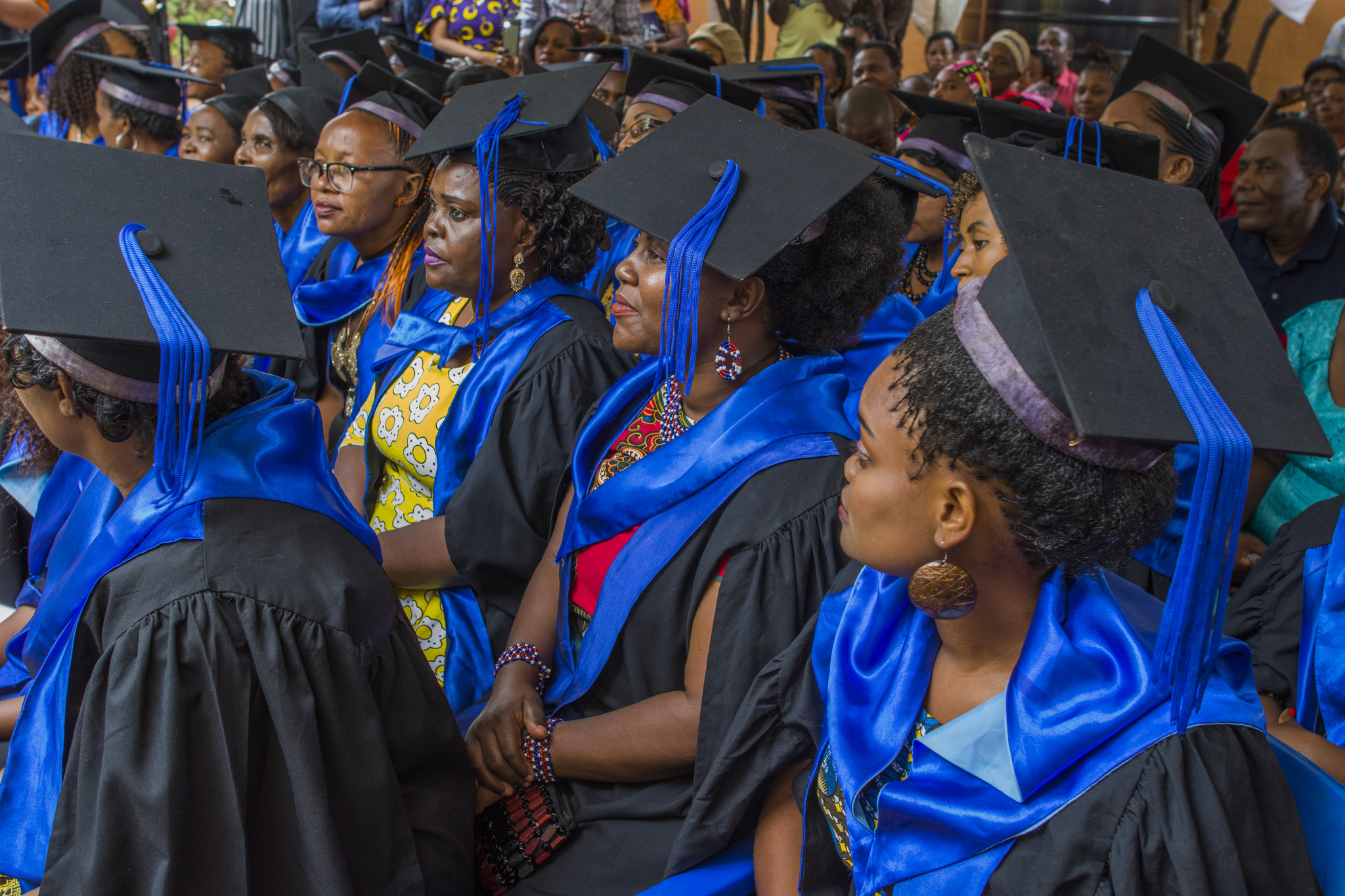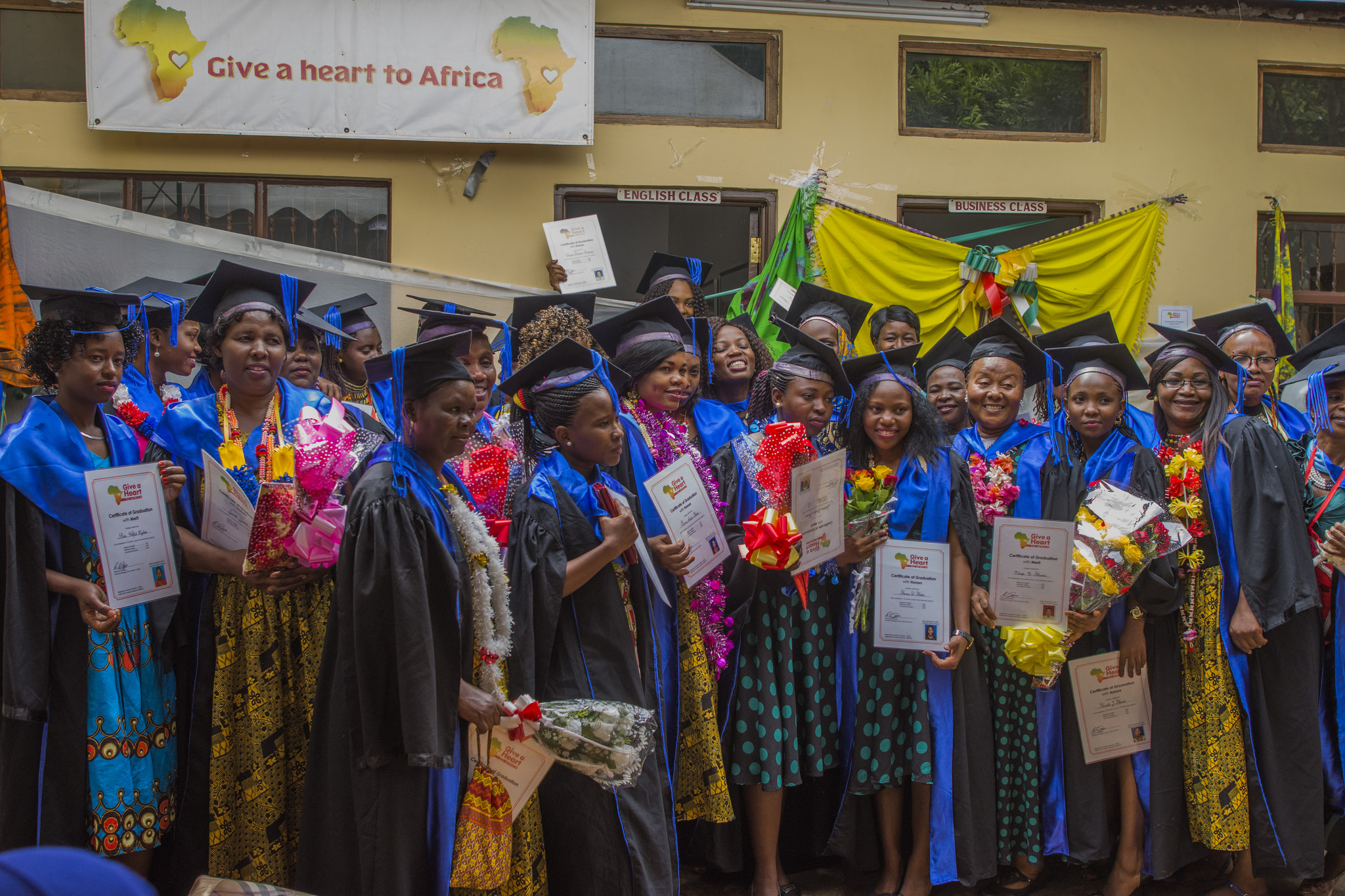2019 UPDATE FROM LUSUMPUKO WOMEN'S CLUB
Since serving their first meal to international travellers in April 2018, the ladies of Lusumpuko Women’s Club in Victoria Falls, Zimbabwe, have continued to grow and excel at their craft while also cementing their position as a community-based organization.
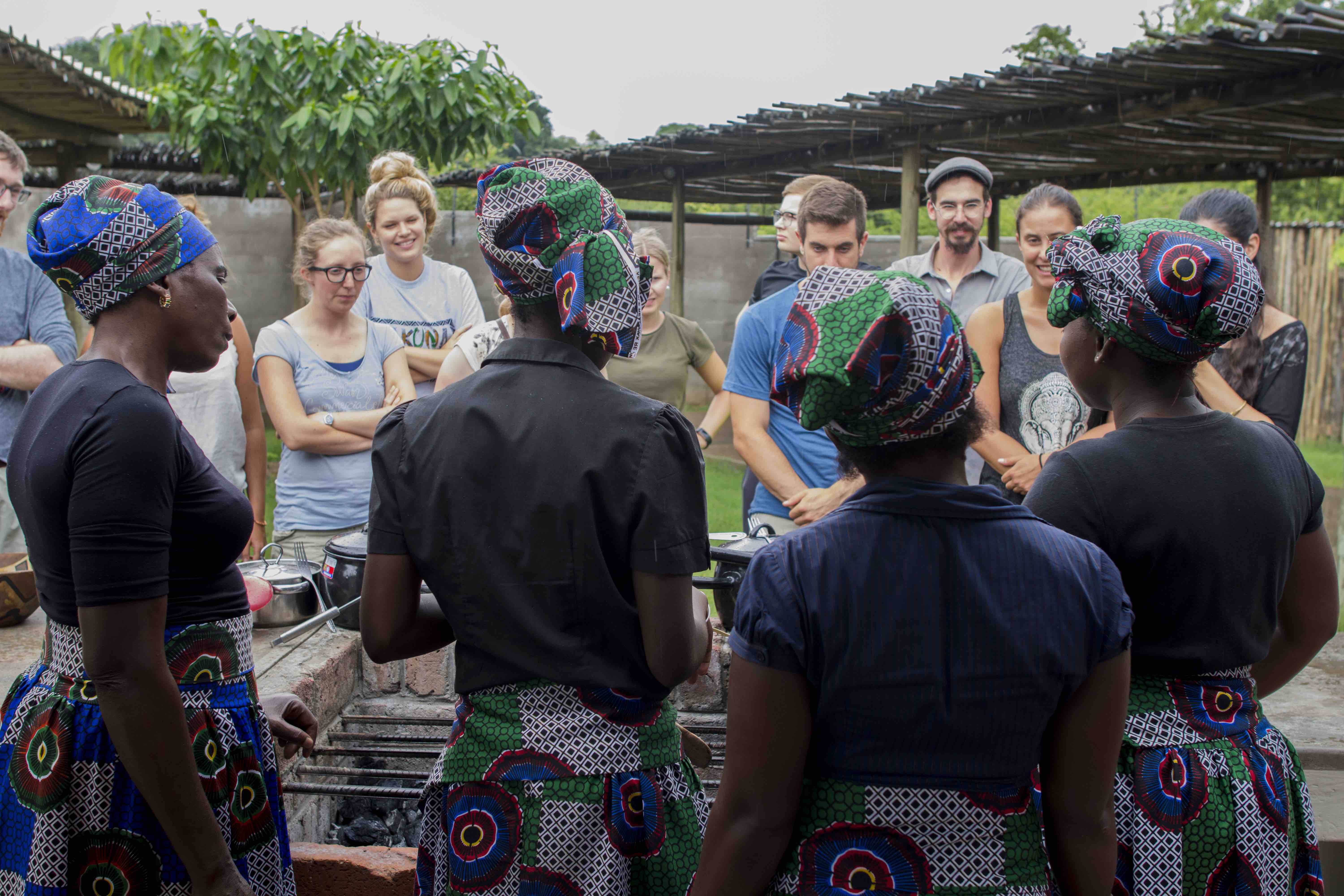
The Lusumpuko Women’s Club has catered to over 3,000 G Adventures travellers and due to their success, they have begun serving even more travellers as of January 2020. The members have improved their English skills, public speaking abilities, and continued to preserve traditional Zimbabwean cooking methods and dishes.
The group has brought in an additional 10 members and their operation has expanded from a tourism service to a popular local event caterer. The ladies are also giving back to their community by serving meals on a monthly basis at the local hospital and seniors’ home.
Lusumpuko has continued to break barriers in the industry by standing alone as one of the best locally-owned service providers in Victoria Falls and they have received critical acclaim from local media for their efforts.
This is only the beginning of a new and exciting journey for the Lusumpuko Women’s Club as they continue to take back their power through the growth of their cooperative.


